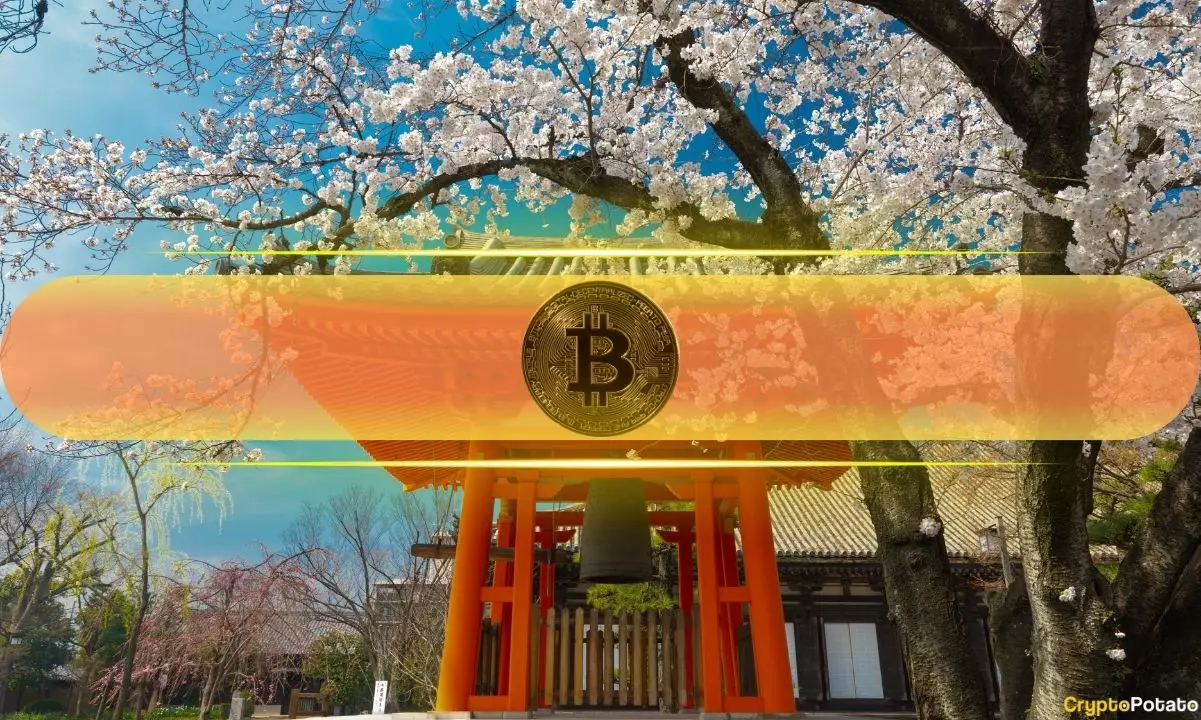In recent years, Bitcoin has emerged not merely as a financial instrument but as a pivotal asset in the geopolitical arena. Nations around the world are now viewing this cryptocurrency as a tool for bolstering their financial independence and securing national reserves. The ongoing competition among countries to embrace Bitcoin signifies a potential shift in the paradigm of financial sovereignty. Unlike traditional assets, Bitcoin operates on a decentralized platform, which raises questions regarding the implications this has for governments that seek to stabilize their economies in a rapidly digitizing world.
Amidst the global enthusiasm for Bitcoin, Japan’s slow approach stands out. Reports indicate that the Japanese government is treading carefully, opting to focus on the risks associated with adopting Bitcoin for national reserves. The Japanese administration has explicitly stated that, based on a government directive issued on December 20, cryptocurrencies do not qualified as part of their legal framework for foreign exchange reserves. The volatile nature of Bitcoin and other cryptocurrencies poses a significant challenge to their objectives of balancing their economy through stable reserves.
Prime Minister Shigeru Ishiba has echoed these sentiments, emphasizing the need for more comprehensive intelligence regarding the plans of other nations regarding cryptocurrencies. Japan is in a unique position; it is well aware of Bitcoin’s growing role internationally but is hesitant due to fears of instability. This reaction might reflect an underlying caution among nationally strong economies that prioritize a steady and predictable financial environment over potential high-risk assets.
The divergence in approaches towards Bitcoin among nations illustrates varying strategies that are adopted relative to their economic contexts. In stark contrast to Japan’s reticence, the United States has largely embraced Bitcoin, holding substantial reserves that derive primarily from law enforcement seizures. In fact, the U.S. government possesses over 207,189 BTC as part of its national strategy, reflecting a significant investment in digital currency. This raises a poignant discussion about the ethical implications of holding cryptocurrency obtained through criminal activity, leading to considerations over the use of Bitcoin as a legitimate asset for national reserves.
Moreover, Russian lawmakers are beginning to advocate for Bitcoin as well, particularly as a safeguard against financial sanctions. Anton Tkachev’s strategic proposal for a state-backed Bitcoin reserve frames digital currency as a solution to the uncertainties tied to conventional financial practices. This increasing dialogue regarding Bitcoin’s merits illuminates the evolving nature of international finance, steering countries towards new discussions of asset management and economic strategy.
As the debate unfolds, the future of Bitcoin in national reserves remains precarious yet intriguing. Countries like Japan, which are historically cautious, may find themselves at a crossroads of innovation and tradition. The geopolitical significance of Bitcoin will likely unfold in unexpected ways, reshaping financial strategies amongst nations. What remains clear is the need for a comprehensive dialogue and strategic planning among global powers when considering the potential benefits and challenges of adopting Bitcoin as a formal asset within national reserves. As the landscape evolves, both skeptics and advocates must engage in a nuanced analysis, recognizing that the future of finance could very well hang in the balance.


Leave a Reply